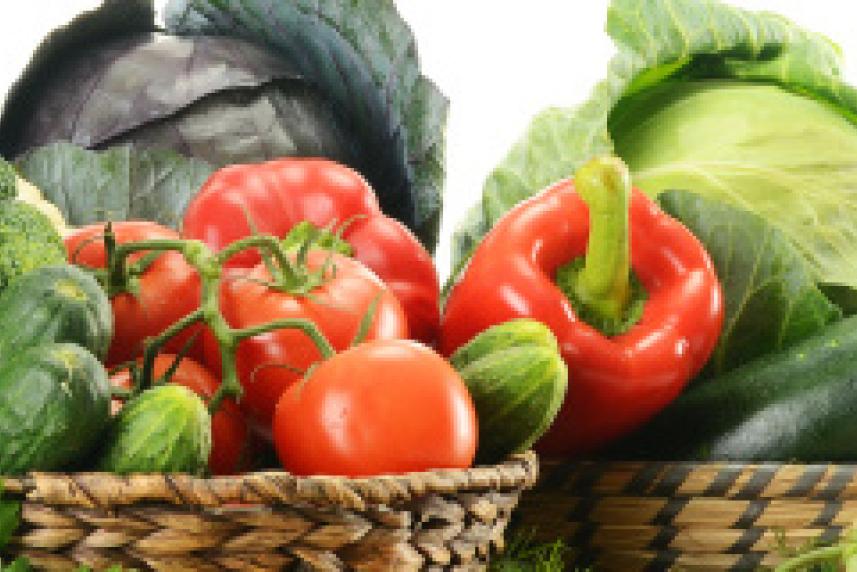Is a vegetarian diet better for you?
What you need to know about cutting out meat

Between all the Meatless Monday hype and vegan options available on more menus, you’re not alone if you’re considering a plant-based diet. And for good reason: Studies have found that vegetarians are not only often slimmer than meat eaters but they may also live longer. Additionally, researchers found that compared to vegetarians, meat eaters consumed less healthy nutrients like plant protein, fiber, beta-carotene, and magnesium and consumed more unhealthy saturated, trans, and polyunsaturated fats. “A plant-based diet can promote health benefits, including healthier weight, lower risk of chronic disease—like heart disease, diabetes, and cancer—and even a lower carbon footprint,” says Sharon Palmer, RD, dietitian and author of The Plant-Powered Diet. “Not only do you cut out things that damage health—saturated fats, dietary cholesterol—you push up all of the things that are good for health—legumes, whole grains, vegetables, fruits.”
You could start by cutting meat out of one meal a day or a couple of days of the week. “I think the most important thing that everyone should do is to focus their diet on more plants than animals,” Palmer says. “Even if you don't want to be a vegetarian, do Meatless Monday, or even go meatless a few times a week. If this feels good for you, then you can try a few more meals and days a week.” Here are three things to keep in mind as you make the switch.
Q: How can I get enough protein?
A: “It’s completely doable and possible to meet your protein needs by focusing on plant protein sources, such as legumes (beans, peas, lentils, soy), nuts, and seeds,” Palmer says. “When you pile your plate with a combination of plant proteins, grains, and vegetables, you will have a nice supply of protein.” You’ll also get protein from vegetables like green peas and spinach and whole grains like wheat berries and quinoa. You can also try meatless protein sources like tofu, seitan, and tempeh.
Q: What other nutrients will I be missing out on?
A: Probably fewer than when you were eating meat! If you’re eating more whole foods, you should be getting more vitamins and minerals. But there are a few—namely, calcium, iron, vitamin B12, and vitamin D—that can be easy to fall short on once you eliminate meat. Palmer says dairy consumers can usually get enough calcium, Vitamin D (from fortified milk), and vitamin B12. But if you’re cutting out dairy too, aim to get calcium from tofu, soy milk, green vegetables, almonds, and other calcium-fortified foods. For iron, look to fortified breakfast cereals, dark leafy greens, beans, enriched grain products, eggs, and peanut butter. For vitamin D, aim to get just a bit (15 minutes or so) of direct sunlight a day and buy vitamin D-fortified non-dairy milks. “You cannot get vitamin B12 in the vegan diet in adequate amounts,” Palmer says. “I recommend vegans take B12 daily and vegetarians take it a few times per week.”
Q: If I cut out meat, can I eat whatever I want and enjoy all the health benefits of vegetarianism?
A: No! “Even a plant-based diet can be a junk food diet (soda, French fries, chips, cookies),” Palmer says. “Focus on minimally processed whole plant foods.” Processed foods aren’t any better for you with or without meat next to them! “Make sure that you eat a variety of foods to gain a variety of nutrients,” Palmer says. “Don't just eat the same thing every day.”


